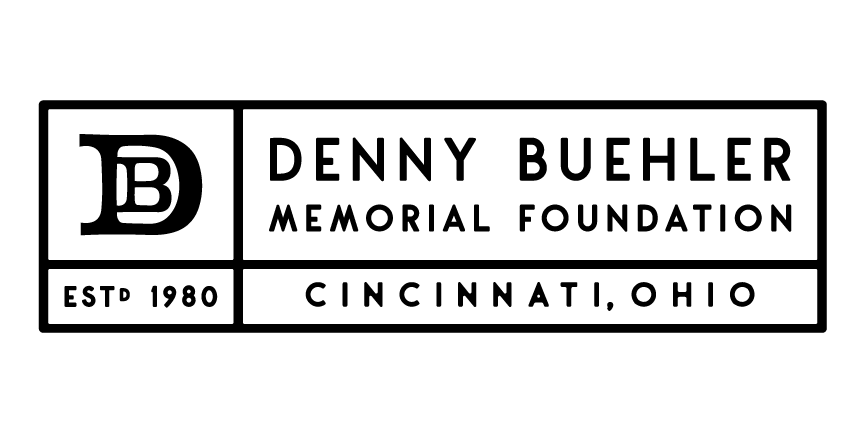Medical Debt Forgiveness
Partnership with RIP Medical debt
The DBMF has traditionally relied on the annual softball tournament – whose proceeds are directly donated to one or more families struggling with debt – as the sole revenue source, but the Board of Directors wanted to have a greater impact on the community.
In early 2018, two of our board members, Jenny Spring and Ed Buehler, were invited to New York to meet with the founders of RIP Medical Debt. Jenny and Ed had learned about RIP Medical Debt through the coverage of the organization on John Oliver’s “This Week Tonight” which went viral in 2016.
RIP Medical Debt has established a goal of purchasing and forgiving $1B in personal medical debt. To this end, RIP Medical partners with 501(c)3s across the country to grant access to medical debt which can be purchased by organizations for pennies on the dollar. RIP enables non-profits to purchase medical debt at equivalent purchase prices, or better, than for-profit debt buyers and take this debt off the market. The method that RIP employs – bulk debt purchased and forgiven by a disinterested third party – allows individuals’ debt to be forgiven without personal tax implications.
About 1.7 million Americans are going to go bankrupt this year due to medical debt. How many of us have contributed to a GoFundMe? Families are struggling with this as the price of healthcare soars. When we learned how crippling medical debt had become in our region and how far every dollar could go towards relieving debt, it was a no-brainer.
Historically we’ve donated between $7,000 and $11,000 per year to deserving families in the local community – and the tournament proceeds will continue to directly benefit families in these communities. Partnering with RIP Medical Debt to forgive medical debt in our region gives us a much broader scope and the ability to impact more families in a broader region.
Through our partnership with RIP Medical Debt, the DBMF locates, purchases and anonymously forgives bulk medical debt. For tax deduction purposes we cannot yet help with individual debt.

